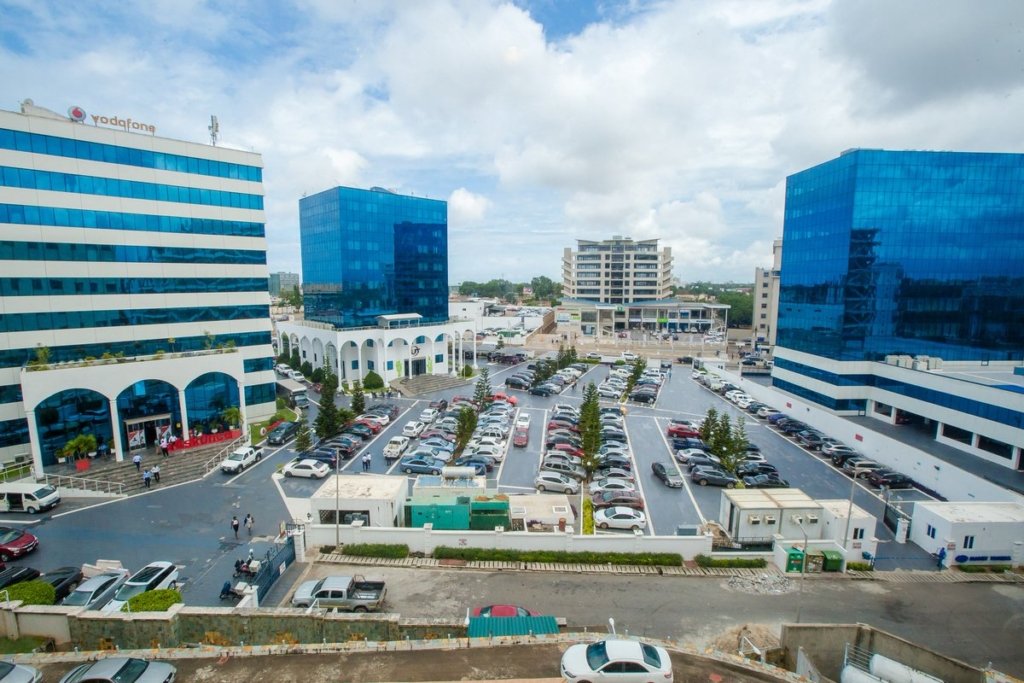The African Union (AU) defines the African diaspora as consisting of “people of native African origin living outside the continent, irrespective of their citizenship and nationality and who are willing to contribute to the development of the continent and the building of the African Union”.
It consists of the worldwide collection of communities descended from native sub-Saharan Africans or people from Sub-Saharan Africa, largely from West and Central Africans predominantly in the Americas who were enslaved and shipped to the Americas via the Atlantic slave trade between the 16th and 19th centuries, with their largest populations in Brazil, the United States and Haiti.
It is a critical mass whose brainpower and finance cannot be neglected by those on the continent.
The combination of the Atlantic Slave trade and Arab Slave trade dispersed the African diaspora throughout the Americas, Europe, and Asia.
While the trading of African beings depleted the continent of its brightest and strongest, descendants of the enslaved are reaching out to countries on the continent to reconnect, discover their roots and even relocate. This is largely why now is a fine opportune time to invest in African countries to bolster their economies.
Ghana, for instance, has had a stable democratic governance system which has not seen a military takeover since 1992. With an estimated population of 30 million, mostly youthful, the population requires jobs to stimulate it.
With a reported housing deficit of 1.7 million, real estate developers, engineers, surveyors, architects, masons, electricians, others in a related sector, as well as, those with the money bag, stand making good returns when they invest in the sector.
Any new visitor to the country will be pleasantly surprised seeing the condos and apartments raised and occupied. An investor has the choice to invest in luxurious apartments for the rich or invest in decent mass housing units and make returns through the numbers.
Again, unlike in the 1990s, Ghana has electricity extended nearly to all parts of the country with the hustle with registering business mitigated by the online registration portal (rgd.gov.gh) opened to the public by the Registrar General’s Department in a bid to enhance the ease of doing business.
Ghana, being an agrarian economy, has large tracts of uncultivated land that those with the expertise and experience can make a handsome return all other things being equal should they invest.
Be it the cultivation of pineapple for domestic consumption and export, shear nut processing, cocoa cultivation and processing, or venturing into the processing of fruits and vegetables which go waste needlessly, there’s a hole to fill, given malls and supermarkets in the country import a good deal of their fruit juices.
Turning to Nigeria, since 2005, the country has been considered to be among the “Next Eleven”: the countries identified by Goldman Sachs investment bank as having a high potential of becoming, along with the BRICS, the world’s largest economies.
The growth is driven by a population of 193.4 million (2016 National Bureau of Statistics estimate) – growing at over 3% per annum – and by an affluent and an increasing middle class.
The “cosmopolitans” (higher middle class) and the affluent, together 10% of the population or 17 million people, account for 40% of total consumption. Another 21% of the population, or 36 million people, could be considered “rising strivers!” and are, therefore, of interest to multinationals. About 65% of the Nigerian population is younger than 25 years.
Nigeria’s foreign direct investment (FDI) stock reached 98.73 billion in 2016, a 3% increase from 2015 and while its economy is oil and gas sector dominated, FDI flows are diversifying.
Other incentives include a favourable Companies Income Tax, Pioneer Status Grants, Free Trade Zones and tax relief for research and development.
Africa’s larger economic growth prospects are among the world’s brightest. Six of the world’s 12 fastest-growing countries are in Africa (Ethiopia, the Democratic Republic of Congo, Côte d’Ivoire, Mozambique, Tanzania, and Rwanda).
From now till 2023, Africa’s growth prospects will be among the highest in the world, according to the IMF, with banking, telecommunications and infrastructure among the drivers of the current economic growth in Africa.

Africa’s growing, youthful population, amidst an ageing population in most other regions, constitutes a formidable market. The continent’s population is predicted to quadruple from 1.19 billion in 2015 to 4.39 billion by 2100.
In 2015 alone, 200 million Africans entered the consumer goods market. Maximizing this bourgeoning market size calls for actively engaging Africa’s structural economic transformation.
Africa’s large deposits of natural resources promise a bright future for developing value chains. Agriculture and the extractive sectors are linchpins of national, regional and global value chains. The continent hosts 60% of the world’s uncultivated arable land.
In 2017, the Democratic Republic of Congo alone accounted for 58% of the world’s cobalt (used in electronics production) while South Africa accounted for 69.6% of the world’s platinum production in 2016 (used for catalytic converters and in other goods).
Actively investing in adding value to these commodities by the African diaspora will shape global economic activities over the next five decades.
Already, the African diaspora accounts for large volumes of remittances to the continent – $38 billion recorded in 2017 – with the volume of remittances outstripping foreign aid to some of the African countries while levelling with the Gross Domestic Product (GDP) of others.




